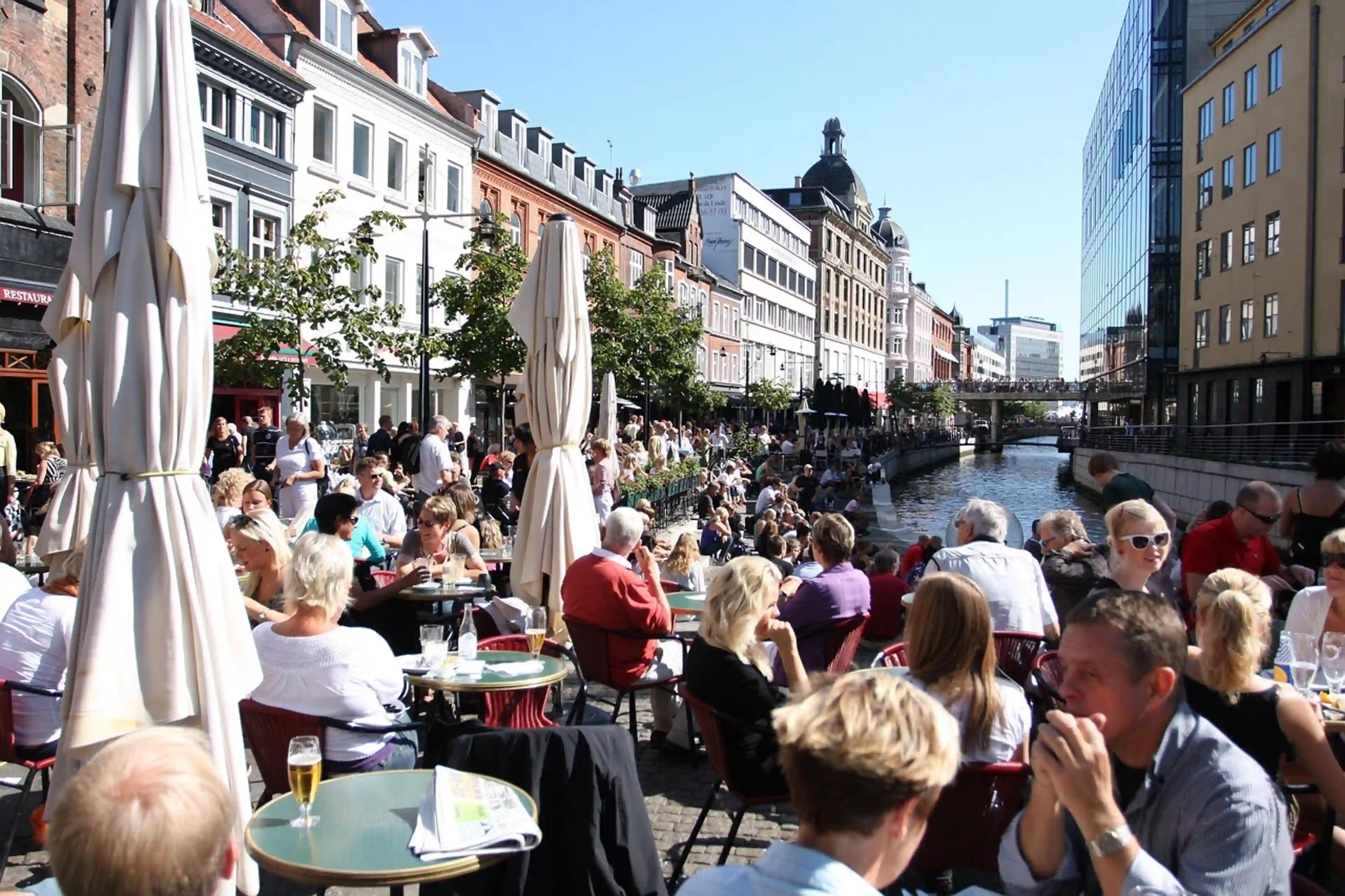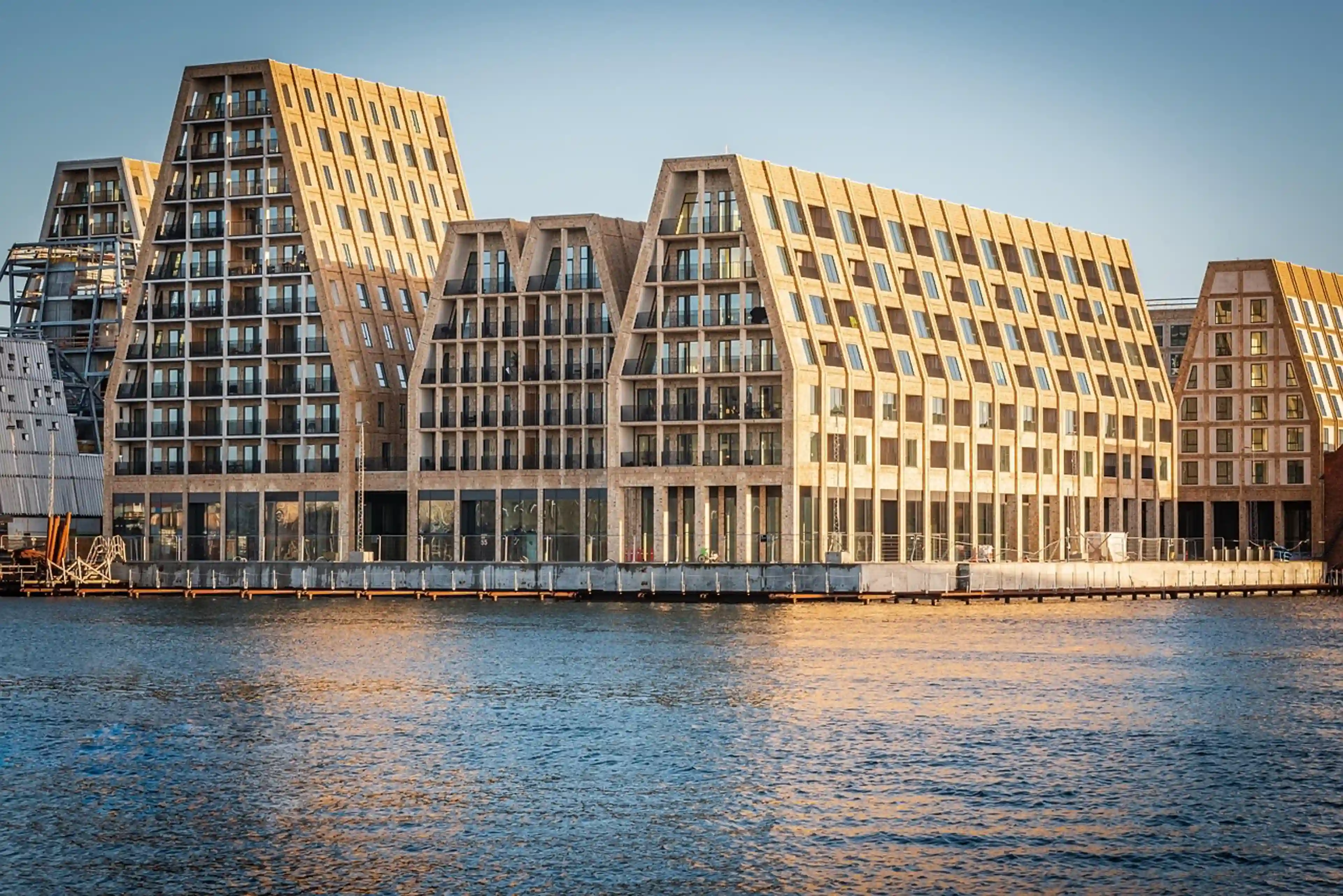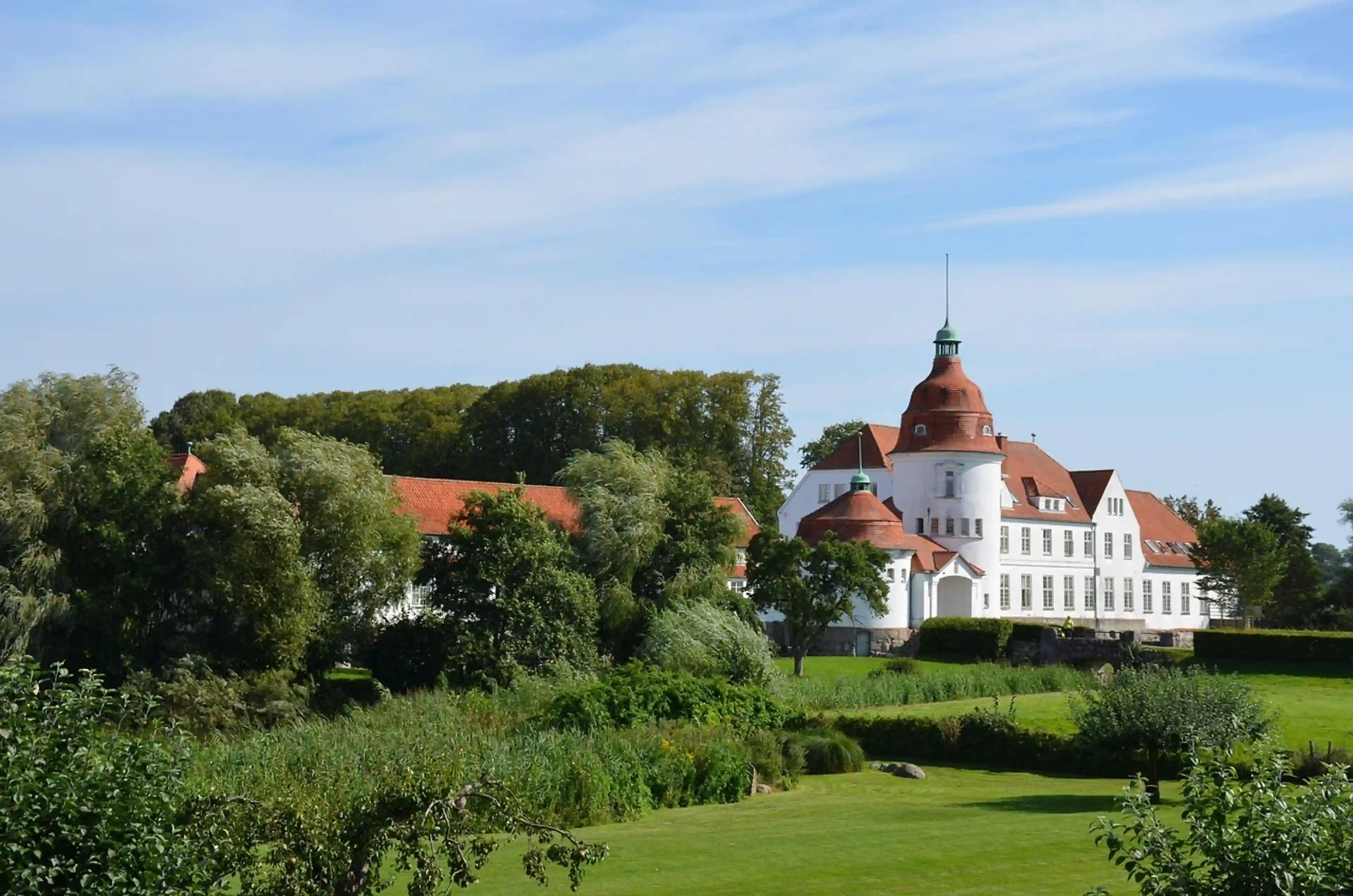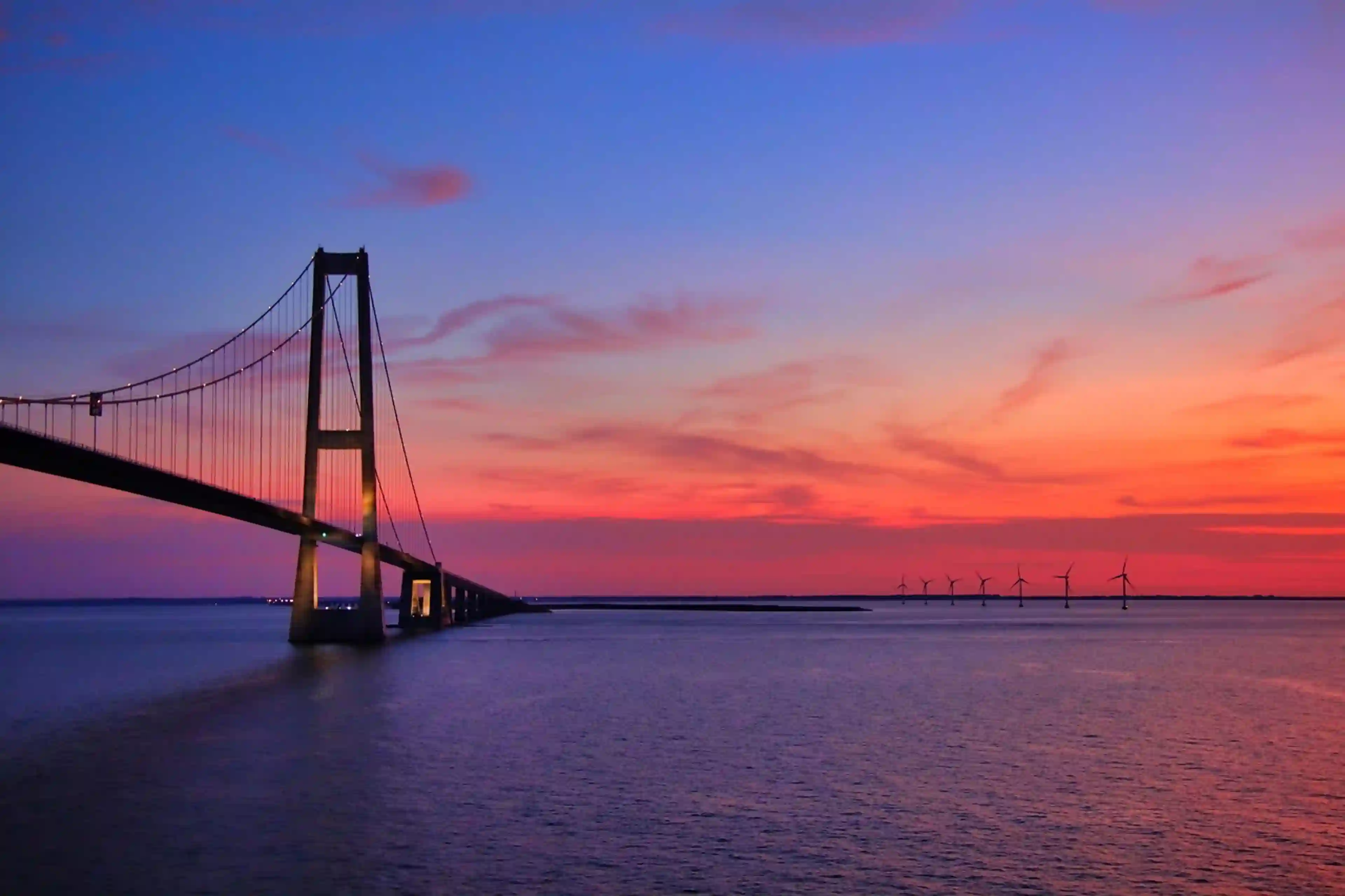Aarhus
General presentation
Top 50
History, culture & traditions
Travel advice
Wikipedia
Viator activities
Tiqets activities
Global presentation
The second largest city in Denmark with around 290,000 inhabitants, Aarhus is a dynamic port city that perfectly embodies the Danish balance between tradition and modernity. Founded during the Viking era, this university city shines with its cultural richness, renowned museums, and particularly vibrant atmosphere. Today, it stands out as a true laboratory of cultural and architectural innovation in the heart of Scandinavia.
Geographical situation
Located in the Central Jutland region, the city stretches along the east coast of the Jutland peninsula, facing the Kattegat strait. Situated about 187 kilometers northwest of Copenhagen, it adopts an original urban configuration in a semi-circle around its natural harbor. The Aarhus River runs through the city before flowing into this harbor, creating an urban landscape where water plays a central role.
Ambiance and character
The local atmosphere is distinguished by its youth and avant-gardism, fueled by a significant student population revolving around the university. This energy is especially felt in the picturesque Latin Quarter, with its cobbled streets and colorful facades of houses. Local life flourishes around the terraces of cafes, strolls along the Åboulevarden canal, and the numerous green spaces that punctuate the urban landscape, creating a relaxed and friendly ambiance.
Climate
The oceanic temperate climate of the region offers relatively mild weather conditions. Summers see temperatures pleasantly ranging from 15°C to 25°C, while winters remain bearable with temperatures between -1°C and 5°C. Precipitation is evenly distributed throughout the year, with a slight intensification during the autumn period.
Best season to visit
The period from May to September is the ideal time to explore the city, benefiting from mild temperatures and particularly long days. This period coincides with an intense cultural program, notably the Music Festival in June and the Aarhus Festuge in August, offering visitors an authentic immersion in the local cultural life.
Access
Tirstrup Airport, located about thirty kilometers from the city center, provides the main air connections. The Danish railway network offers regular links to Copenhagen and other metropolises in the country. The port complements this accessibility by providing maritime connections to Sweden and Norway, diversifying the arrival options according to everyone’s preferences.
Internal transport
The public transport network revolves around an efficient bus system and the Aarhus Light Rail, inaugurated in 2017. The particularly developed cycling infrastructure, complemented by a bike-sharing system, greatly facilitates two-wheeled travel. The city center, largely pedestrian-friendly, naturally encourages exploration on foot, making urban exploration particularly enjoyable.
Top 50
Wikipedia
Viator activities
Tiqets activities



